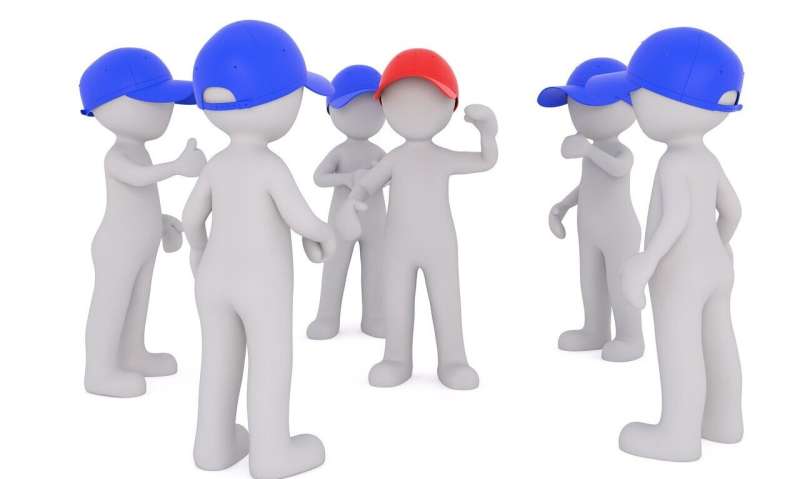New insights on the role of trade unions in struggles for rights

Trade unions are crucial in advancing workers' rights, but it is unhelpful to consider their leaders as representatives of the working class as a whole when analysing labour relations and government policies, a new paper from the University of Warwick Department of Sociology argues.
Focusing on Morocco and the role played by working class activism in driving political and social reform between 1994 and 2011, Dr. Lorenzo Feltrin challenges the conventional approach which treats trade unions as proxies for the working class when considering labour-state relations and the struggle for democratisation and finds that by including the unions, the authorities excluded the workers.
Dr. Feltrin said: "As trade unions have historically been a major organisational vehicle in the quest for social justice and democracy, I decided to investigate their role in a contemporary failed democratisation attempt.
"This led me to discover the significance of workers' activism outside the trade unions or within them but autonomous from their leadership. By the same token, union officials have a degree of autonomy that they can at times use against the preferences or interests, however understood, of most workers."
The analysis in The Moroccan system of labour institutions: a class-based perspective is based on almost 50 interviews with trade unionists, workers and activists and extensive written evidence from contemporary press reports, legislation, statistics and published memoirs.
Dr. Feltrin found:
- Until the 1980s the Moroccan government relied on strongly repressive measures
- The 1990s saw limited reform which included the unions gaining a role in "social dialogue"
- The inclusion of the unions at the top table was not matched by increased social inclusion of the working class—in fact increased recognition for the unions was accompanied by high social inequality and strong constraints on workplace activism.
- Both organisational inducements—policies which benefit the unions such as subsidies or the monopoly of representation—and substantial inducements—policies which directly benefit workers, such as better job security or welfare services—should be considered in order to gain a fuller understanding of popular mobilisations in the 2011 Arab Spring and more recent struggles.
Dr. Feltrin added: "Some analyses conflate workers and unions by unproblematically treating the latter as the representatives of the former. Yet it should be kept in mind that only a fraction of the workers is unionised and that there are both internal and external pressures on trade union democracy.
"Representation, in any case, is always a 'creative' act, as it involves the aggregation of the interests and preferences of a multiplicity of represented individuals and subgroups. The unions are thus best seen as mediating instances between workers on the one hand and capital and the state on the other hand."
"Class struggle and class power are elements which exist both inside and outside of the formal institutions of trade unionism and politics. Trade unions can still play a crucial role in contemporary struggles for democratisation, but they are more likely to do so when successfully pressured from below not only by their membership but also by non-unionised workers."
More information: Lorenzo Feltrin. The Moroccan system of labour institutions: a class-based perspective, Third World Quarterly (2020). DOI: 10.1080/01436597.2020.1761254
Provided by University of Warwick



















